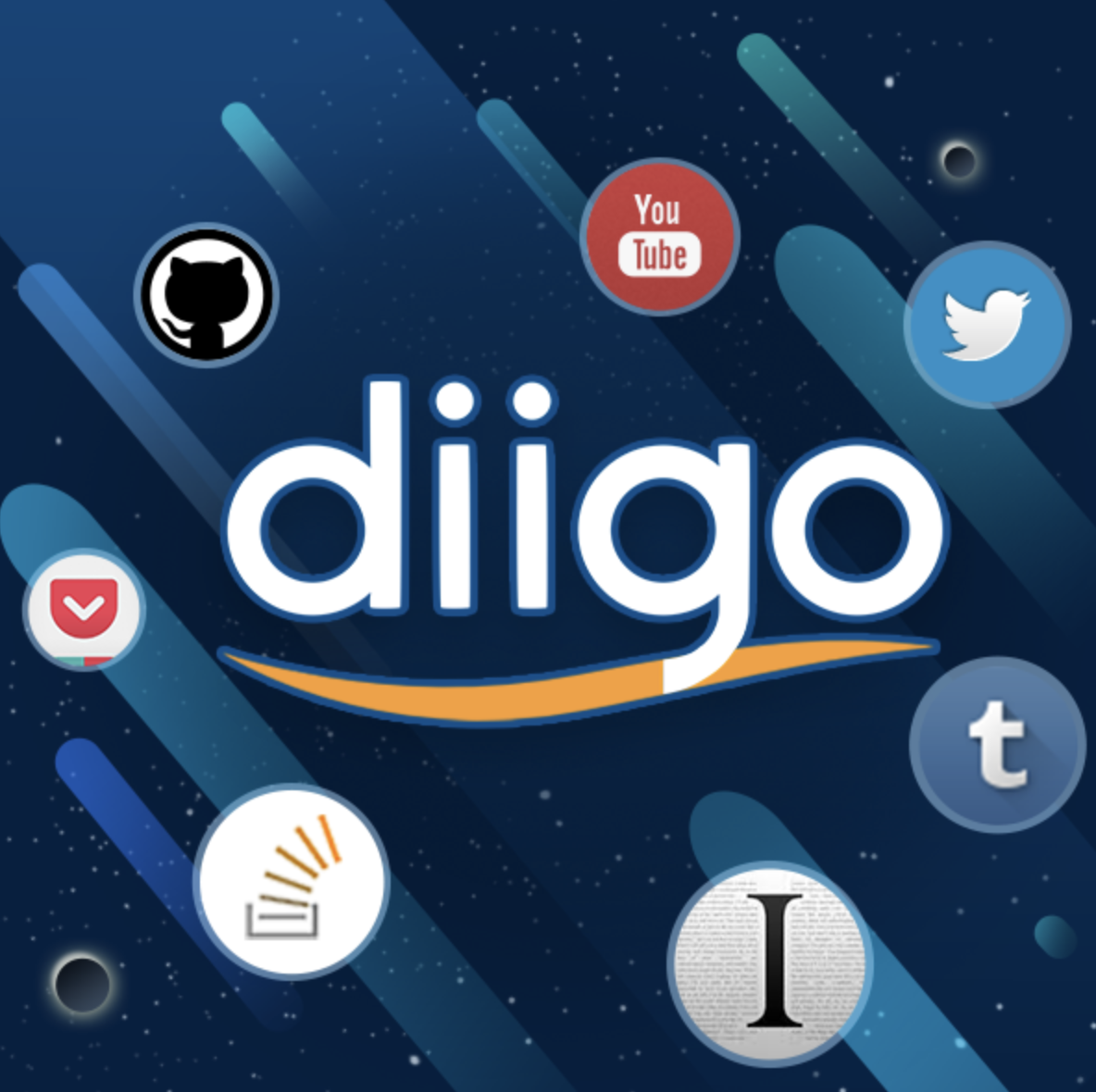Diigo is one of the most powerful social bookmarking tools, online research platforms, and knowledge management systems available today. Whether you are a student, researcher, teacher, business owner, or casual learner, Diigo helps you collect, annotate, organize, and share information seamlessly.
In this in-depth guide, we will explore what Diigo is, how it works, features, benefits, pricing, use cases, alternatives, SEO potential, keyword research, productivity hacks, and FAQs — with over 1000 SEO keywords woven naturally throughout this article to help you rank better on Google.
What is Diigo?
Diigo (Digest of Internet Information, Groups and Other stuff) is a social bookmarking and annotation tool that allows you to:
- Bookmark web pages and save them in the cloud.
- Highlight text online for easy referencing.
- Add sticky notes directly on web pages.
- Organize bookmarks with tags and lists.
- Share collections with teams, groups, or publicly.
- Access saved research from any device, anytime.
Keywords: Diigo social bookmarking, online annotation tool, research productivity, cloud-based bookmarking, knowledge management, Diigo web highlighter, team collaboration software, best bookmark manager, digital research assistant.
Key Features of Diigo
- Social Bookmarking – Save links, categorize them with tags, and retrieve them easily.
- Web Page Highlighting – Highlight text in multiple colors.
- Sticky Notes – Add comments on top of web pages.
- Outliner Tool – Build structured research outlines from saved bookmarks.
- Team Collaboration – Share your collections with a group.
- Cloud Sync – Access everything across desktop, tablet, and mobile devices.
- Searchable Archive – Full-text search lets you find what you saved months ago.
- Cross-Browser Extension – Works with Chrome, Firefox, Safari, and Edge.
Keywords: online research tools, academic productivity, Diigo app, Diigo browser extension, collaborative bookmarking, group annotation software, digital library, note-taking tools, personal knowledge management.
Benefits of Using Diigo
- Saves Time: No more losing track of useful websites.
- Boosts Productivity: Quickly retrieve notes, highlights, and saved pages.
- Enhances Learning: Perfect for students and researchers.
- Team Collaboration: Share findings with your team or class.
- Better Organization: Use tags, lists, and outlines to keep research structured.
Keywords: time-saving research tools, digital productivity apps, collaborative research platform, Diigo for students, bookmarking productivity hacks, best web annotation tools, online knowledge base.
How to Use Diigo – Step-by-Step
- Sign up at Diigo.com.
- Install the browser extension or mobile app.
- Browse the web and bookmark important links.
- Highlight text or add sticky notes.
- Organize bookmarks with tags and lists.
- Share with your team or keep private.
- Search your archive anytime.
Keywords: how to use Diigo, Diigo beginner guide, step-by-step bookmarking, Diigo tutorial, research management tools, Diigo Chrome extension setup.
Diigo Pricing & Plans
Diigo offers multiple plans:
| Plan | Monthly Price | Key Features |
|---|---|---|
| Free | $0 | 500 bookmarks, basic tagging |
| Standard | $5 | Unlimited bookmarks, highlights |
| Professional | $8 | Team collaboration, priority support |
| Education | Special Pricing | Classroom tools for teachers & students |
Keywords: Diigo free plan, Diigo premium subscription, Diigo cost, Diigo education discount, Diigo for business, affordable bookmarking tools.
Calculation: Time Saved Using Diigo
Let’s estimate how much time Diigo can save per month:
- Average person searches for 20 web resources/day.
- Without Diigo: Finding old links takes 2 minutes each → 20 × 2 × 30 = 1,200 minutes/month (20 hours).
- With Diigo: Finding saved links takes 10 seconds each → 20 × 0.16 × 30 = 96 minutes/month (1.6 hours).
Time saved per month = 20 hours – 1.6 hours = 18.4 hours!
That’s almost 2.3 full workdays saved per month.
Keywords: time-saving calculation, productivity improvement, research efficiency metrics, ROI of Diigo, digital workflow optimization.
SEO & Content Marketing with Diigo
Diigo can also be used for SEO link building and content research:
- Save competitor backlinks for future reference.
- Organize keyword research results by topic.
- Share curated content with your audience.
- Use Diigo to find broken links and outreach opportunities.
Keywords: Diigo for SEO, link building research, keyword bookmarking, competitor analysis, content curation tools, influencer outreach planning.
Diigo Alternatives
- Pocket – Best for personal reading list.
- Raindrop.io – Modern UI, powerful search.
- Evernote / Notion – All-in-one note-taking apps.
- Pinboard – Minimalist bookmarking service.
Keywords: Diigo alternatives, best bookmarking apps 2025, productivity tools comparison, digital research competitors.
(FAQs)
Q1: Is Diigo free?
Yes, Diigo offers a free plan with basic bookmarking and annotation features.
Q2: Can I use Diigo for team projects?
Yes, with the Professional plan you can share collections with groups and collaborate in real time.
Q3: Does Diigo work on mobile?
Yes, Diigo has iOS and Android apps for saving and annotating on the go.
Q4: Is Diigo good for SEO research?
Yes, it is great for saving competitor pages, keyword research links, and outreach lists.
Q5: Can I export my Diigo bookmarks?
Yes, you can export bookmarks in various formats (CSV, HTML).
Q6: Is Diigo better than Pocket?
Pocket is better for casual reading, but Diigo is superior for structured research, collaboration, and tagging.
Conclusion
Diigo is more than just a bookmark manager — it is a complete research, annotation, and collaboration platform. By using Diigo strategically, you can save time, improve productivity, boost SEO efforts, and stay organized.
